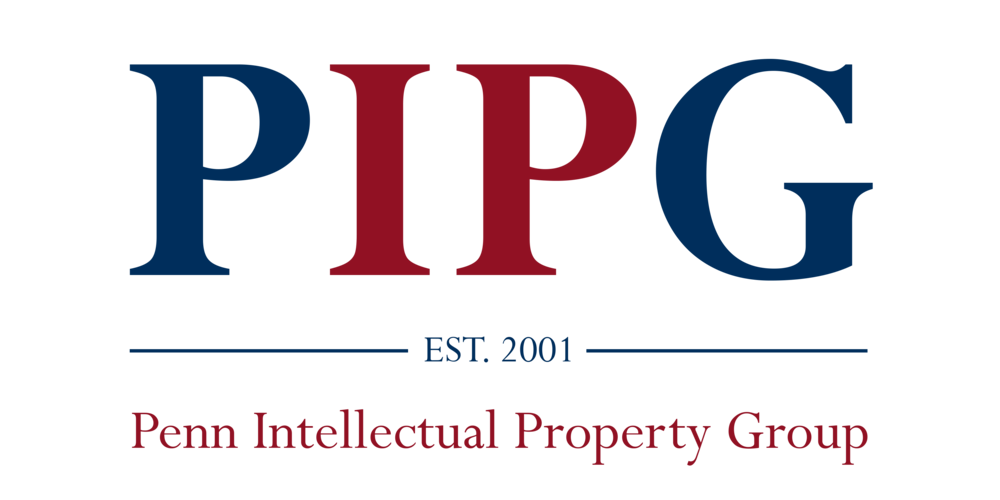By Kevin Seltzer, L’24
The Penn Intellectual Property Group held its annual symposium on October 14th, 2022. The event—titled “Creative Control: IP in a World of Decentralized Content Creation”—brought together students, faculty, practitioners, and industry members to discuss how changes in structure of content creation have—and will—change intellectual property law. As the entertainment industry has shifted from centralized studios determining whose creation would be distributed to the current ecosystem where Internet platforms have democratized content creation and distribution, how has intellectual property law responded?
The event’s first panel, “The Value of Online Identity,” brought together Karl Fowlkes, Craig Kurland, and Penn Law Professor Anita Allen for a discussion of the challenges and opportunities that face small creators seeking to monetize their identity. The panel opened with the simple question from Professor Allen: what is online identity? In the ensuing discussion, Fowlkes—founder of The Fowlkes Firm, which provides legal service to musical artists and athletes, and Music Business Professor at Drexel University—and Kurland—a leader in the entertainment industry with many years of executive experience in the development, production, and licensing of episodic content—discussed how traditional intellectual property law has merged with the common law to create a bundle of rights that small creators can assert or license. Fowlkes also recounted his experience in aiding NCAA athletes develop their brands after restrictions on such licensing was recently lifted, while Kurland discussed the challenges in launching the premium short-form content network Quibi, which gave some content creators opportunities for participation in larger, studio-caliber programming.
In the second panel, “Licensing in an Era of Small Creators,” Penn Law Professor and Associate General Counsel at Nexxt, Rebecca Clayton, lead a discussion of how to best advise small creators with a group of former and current entertainment lawyers. The panel included Anne Kennedy McGuire, who advises television, movie, and podcast clients as a partner at Loeb and Loeb LLP, Gabrielle Sellei, the founder of Sellei Law LLC and Board Vice President of Philadelphia Volunteer Lawyers for the Arts, and Alan Lewine, a former transactional lawyer and the founder-CEO of his own music production company, Owlsong Productions Inc. The speakers shared the view that dealing with the established channels of content distribution posed challenges for small content creators due to the restrictive terms of the default agreements. In one instance, Sellei shared, a production company seeking to sign an influencer for a show included terms in the signing agreement that would require that influencer to effectively discontinue their online presence. The panelists also provided advice to small creators on obtaining legal assistance: see if you can find help through a Volunteer Lawyers for the Arts (VLA) chapter, seek a recommendation from a lawyer that you already know, or even seek help at a local law school. Moreover, small creators may want to seek legal help early. Often, by the time that creators reached out to one of our panelists, they had already agreed to terms of service that might restrict their rights.
PIPG looks forward to hosting its next symposium in Spring 2023.
